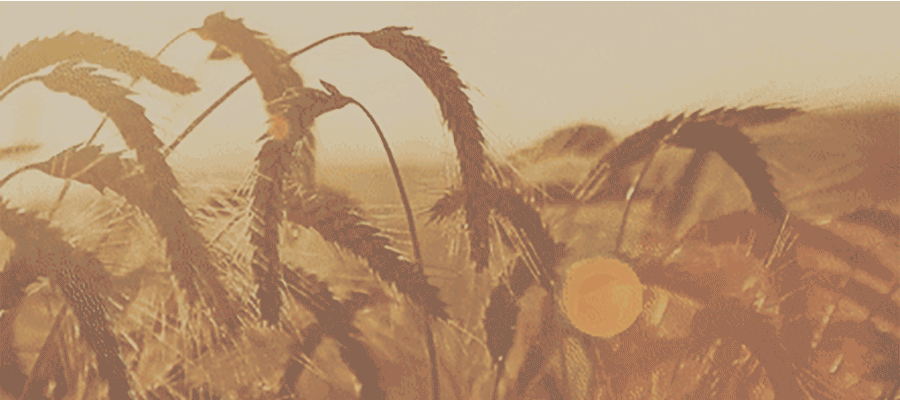The Streets of Slowwater
He heard, just barely audible, Tom’s breath catch just before him. He looked out over his shoulder, the five of them – Tsofi ahead, her physical ramscott spread wide enough to catch them all, Tom just behind her, his sage-soft clairvoyant field subtler, though still with a hint of lingering bastliness, and then Aremu, Dheza and Isep’su behind.
Dheza held the door; Aremu came out last, and the onjira let it slip shut behind them. Their hand settled lightly on Aremu’s forearm; Aremu glanced over to the side and slightly back. Dheza’s lips pressed together as they looked up at Aremu’s face; for a moment, Aremu had thought they would say it.
They shook their head lightly instead, and smiled, hand sliding off his sleeve. “What a parade,” Dheza said instead, cheerfully.
They both took a half-step faster, catching Isep’su, who was watching bright-eyed.
The next company in the parade was a winding swath of blue, all of them dressed in loose flowing robes of blue, with hints here and there of white, streamers like caps attached to their wrists and more fabric held in their hands; it was hard almost to see it, for they were all of them in constant motion, ducking and weaving within and without one another. A steady drumbeat lay beneath them from three men who walked behind, dressed in darker, solemn blues.
“A river!” Isep’su said, delightedly, clapping their hands. They drifted back, lingering at Dheza’s side, and pouted, just a little. “Come on, Dheza, surely there must be something here to make you smile,” Isep’su’s eyebrows lifted, just a little, face curling into a smile.
“How can one grow tired of beautiful sights?” Dheza asked, smiling, glancing out at the street. After a moment, more deliberately, they turned to Isep’su and smiled.
Aremu lingered at Dheza dropped a few coin into the bowl; Isep’su did so as well, with an extravagant flourish and a little laugh. He left a coin in the bowl as well, for gratitude if nothing beyond it.
“Indeed,” Aremu said, quietly, looking back at Dheza. He glanced back over his shoulder at the imbali sitting behind the table, their liar’s mask carved into a brilliant smile. “It is best, I suppose, not to know what’s beneath the mask.” His hand and wrist found his pocket once more, and he went on.
Isep’su laughed; a chorus of reed instruments began from the street behind them, and they all glanced up to see them.
An enormous maja’wa in three parts, one at the head and two in the body, wound steadily between the instruments; the massive jaws worked, steadily, opening and closing, and the body rippled as if swimming.
The maja’wa lunged; the players scattered, though the music never faltered, and the jaws closed an inch from an onjira at a café, who actually screamed aloud; laughter broke over their companions and the onjira, looking flustered, began to laugh as well.
“All those masks are terribly strange,” Isep’su said, shrugging slender shoulders. “I can’t imagine wearing one,” they smiled, fingertips trailing lightly over their own cheek.
“It’s historical,” Dheza said, raising their eyebrows at the younger onjira. “It’s a part of our traditions.”
“Oh, who cares about tradition, these days?” Isep’su laughed. “Traditionally, neither of us would’ve been allowed in Slowwater.”
“So it is,” Dheza agreed. “But is all tradition bad? The turtle needs its printmakers, even if you and I have left.”
“I don’t know,” Isep’su sulked, just a little. “Why so serious, Dheza? Aremu? Hmm? There’s a parade! We’re having fun!”
Aremu smiled at the both of them – not quite the liar’s smile, though he wasn’t sure it was any more honest. He glanced out along the street, at the next display of lover’s costumes, featuring pair dances in every possible combination of gender or lack thereof, all of them twirling around in a massive winding circle as they went. He knew better than to think to catch Tom’s eye, just then, for all he wanted to.
They went on, past more colors than he knew to name. The last piece of the parade, as they turned along the bend of the street, was another company of drummers, larger than the last; they marched behind all the rest, steadily, beating out the rhythm on which the rest of the parade shivered; the last of the pole-lights vanished with them as well, leaving the street oddly dark in their wake, with only the distant drumming noise as a reminder of what had passed.







